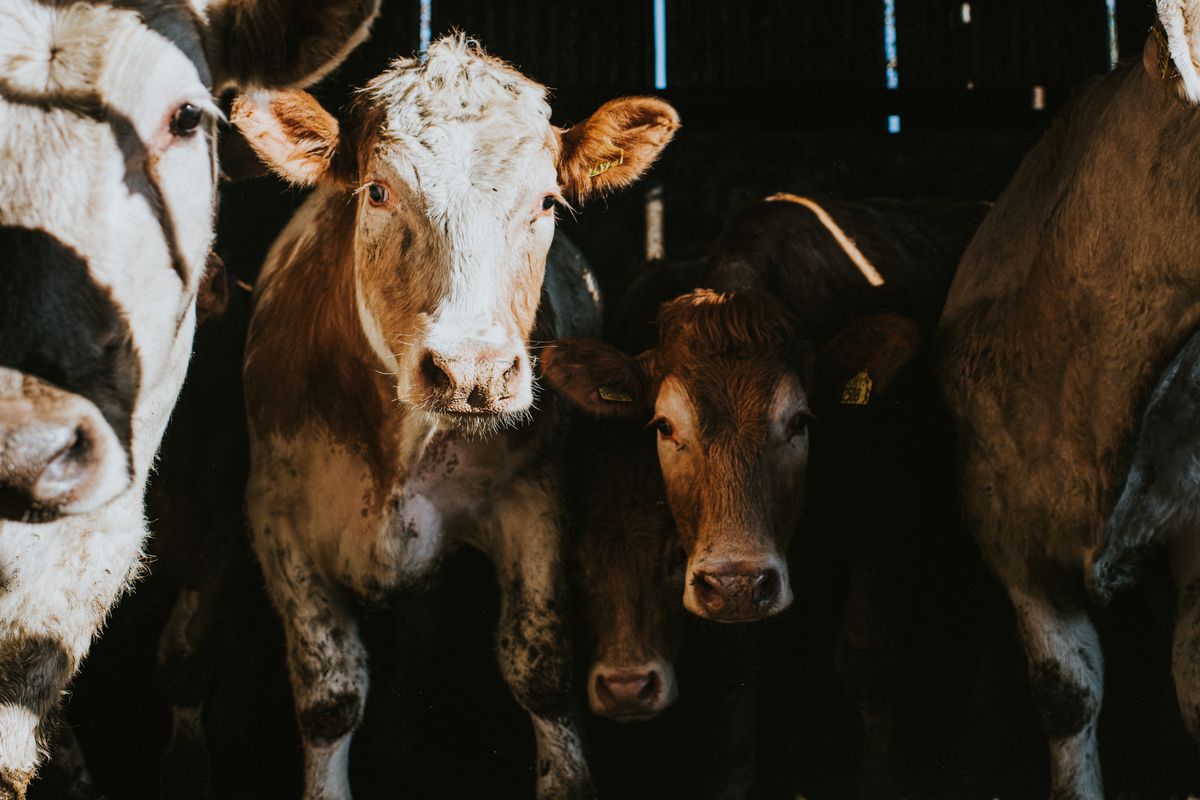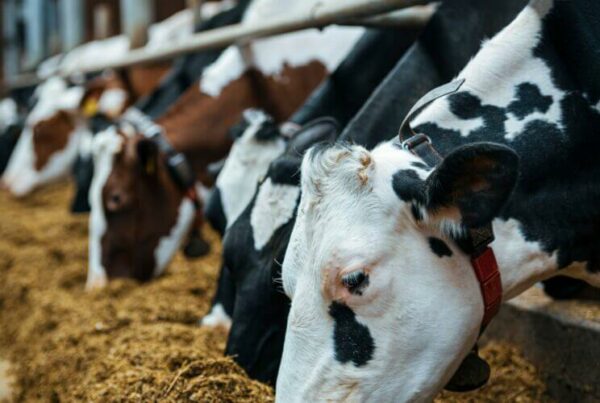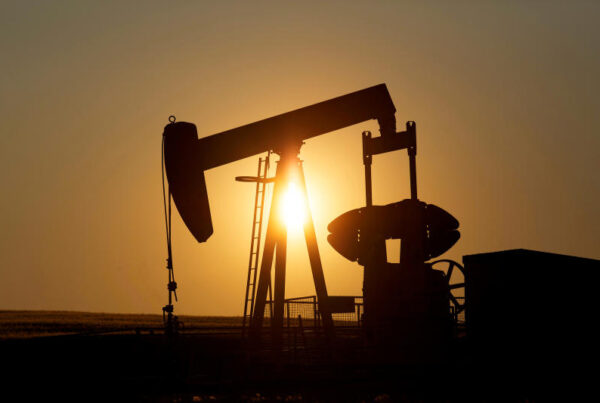140 countries have signed up to the Global Methane Pledge to deliver a 30% cut in methane emissions by 2030 since the UN Climate Summit in Glasgow. National and regional methane plans have begun to trickle out – with more expected at the Methane Ministerial at COP27 in Egypt.
The UN says a 40-45% reduction in methane emissions by 2030 offers the best hope of keeping global heating below 1.5C and avoiding dangerous tipping points. Methane only remains in the atmosphere for a decade but has 80 times more warming potential than carbon dioxide over a 20-year timespan. Under current policies, emissions are expected to rise by 30% between 2015-2050.
The Pledge has galvanised action around methane emissions but it has largely sidestepped the politically tricky issue of livestock emissions. The scale of this problem has now been exposed in a new report released by the Institute for Agriculture and Trade Policy and the Changing Markets Foundation which reveals that just 15 of the big meat and dairy companies emit more methane than countries such as Russia, Australia or Germany.
The report calculates the methane emissions of companies such as Nestlé, Danone, Danish Crown and Saputo for the first time. Researchers found that the emissions of just one company – the Brazilian meat giant JBS – exceeds the combined livestock methane emissions of France, Germany, Canada and New Zealand. Together the companies’ combined greenhouse gas emissions exceed those of oil and gas giants such as ExxonMobil, BP, and Shell.
Despite the industry’s huge methane problem, only six of the companies fully report their emissions – including from animals in their supply chains which account for 90% of the sector’s climate footprint. This makes it impossible to assess whether the companies are delivering on their climate commitments.
The Global Methane Pledge also fails to get a grip of these emissions – focusing on tech fixes such as animal feed supplements and biogas production rather than more reliable and effective measures which promote a reduction in meat and dairy consumption. None of the countries to have signed the pledge – including nine of the ten countries where the 15 big meat and dairy companies are headquartered – have sufficient plans to deal with livestock methane. Even the EU – one of the architects of the Pledge – is not on track to meet the 30% by 20230 target because of its failure to tackle emissions from agriculture.
The report authors say tackling the enormous emissions of the meat and dairy industry is critical if governments are to deliver on the methane pledge. They are calling for governments to ensure livestock is central to their national methane plans, for regulation of the meat and dairy industry, and support farmers to transition away from industrial agriculture.





